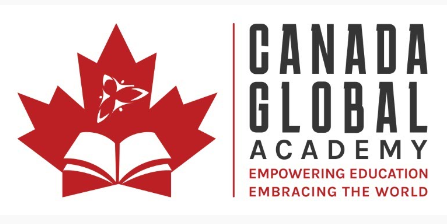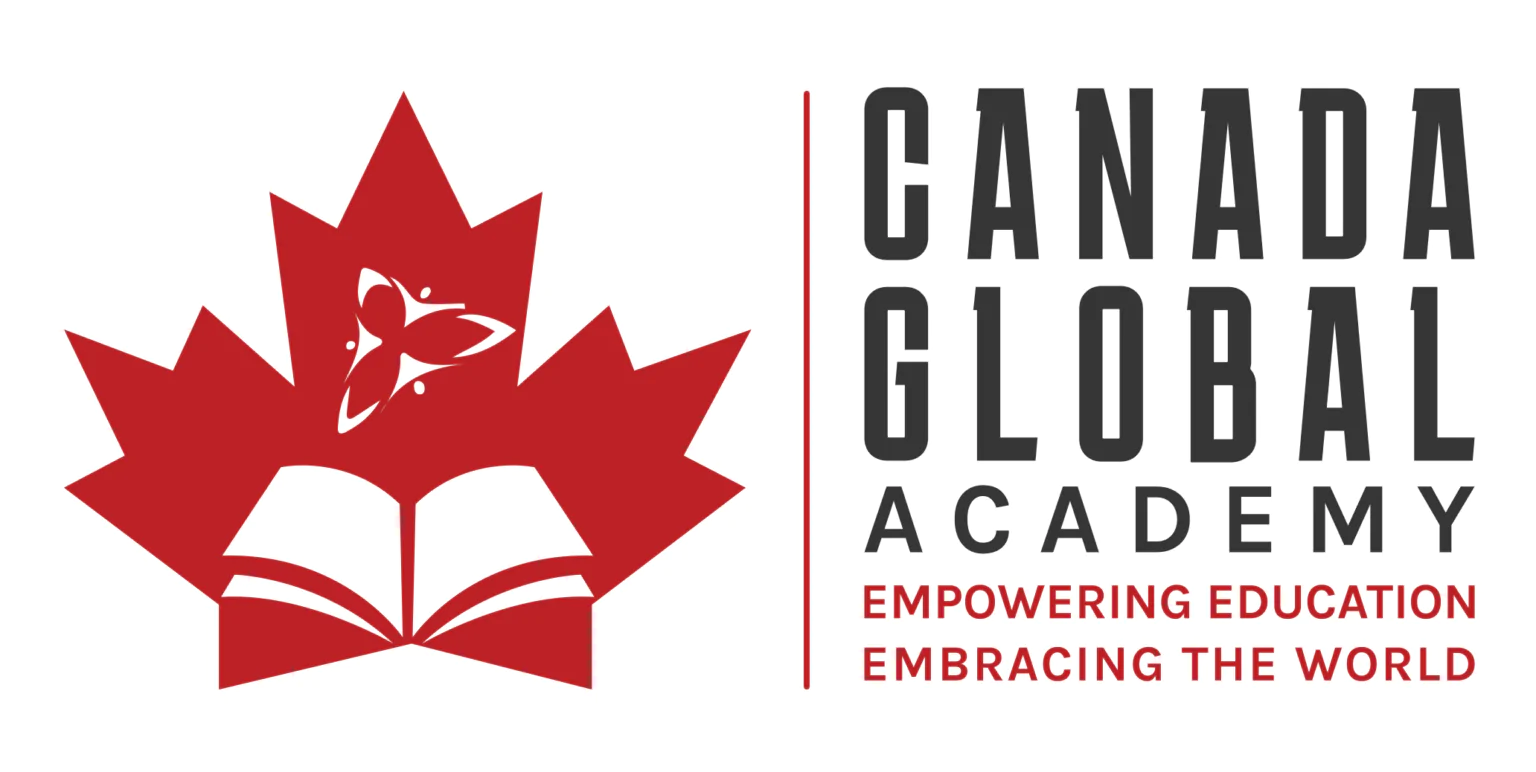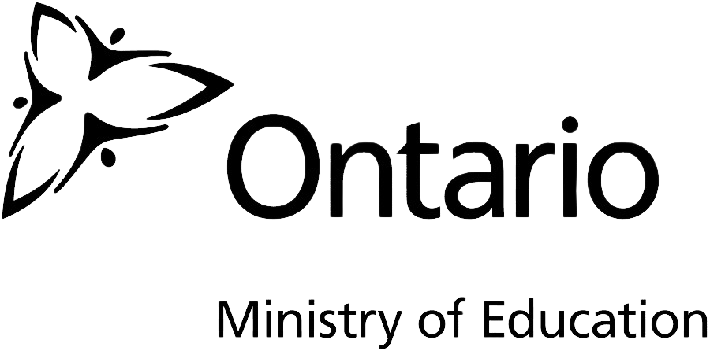
Martin Doherty is the CEO of Ethos Education & Canadian Global Academy : the exclusive authorized provider of the renowned 3rd globally ranked Ontario Ministry of Education‘s curriculum and Digital Learning Platform outside of Canada. He is also the founder the cutting edge magazine, Education Distruptor.
Through our School Partnership Program, we empower schools worldwide to attain Canadian Accreditation, providing the opportunity to establish themselves as Canadian Accredited schools. Additionally, home-based businesses can run their own Canadian Accredited Micro-School. Contact us today to learn more!
Related Posts
- Beyond Bake Sales: 3 Revenue Streams to Fuel Your Thriving International School
Unlock innovative revenue streams to elevate your school's financial & business acumen. Thrive globally with…
- From Startup to Sustainable: Financial Planning for Long-Term School Success
Master School Financial & Business Acumen for enduring success with our tailored financial planning strategies…




